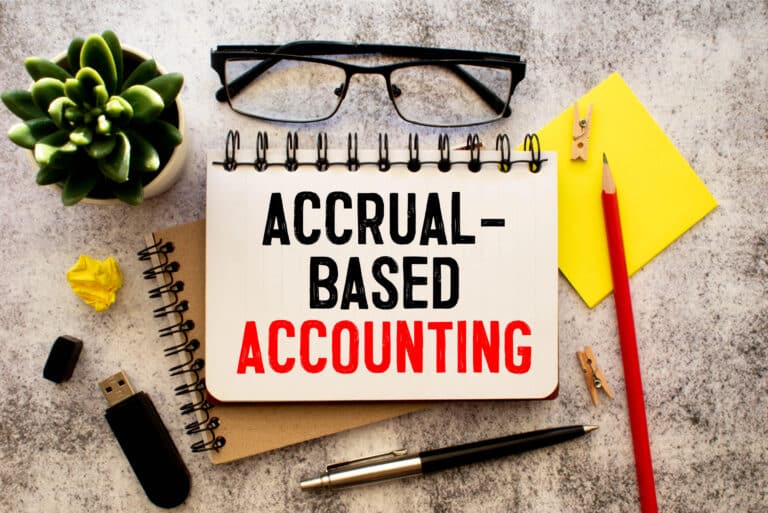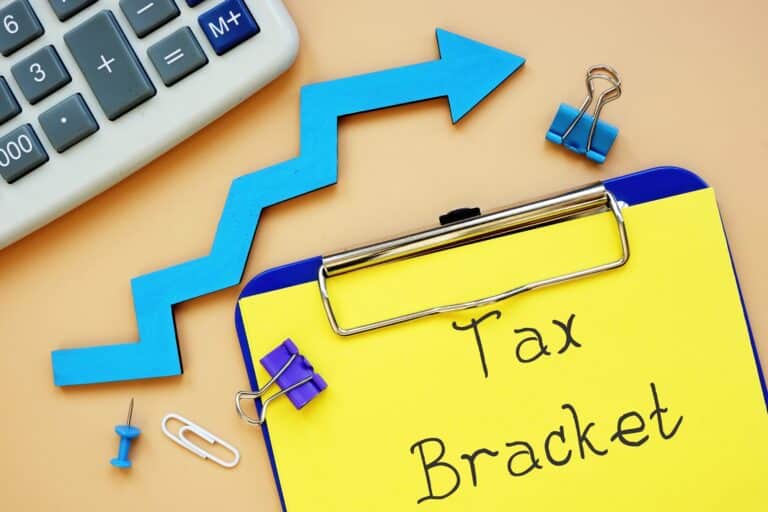With an endless stream of blogs, articles and YouTube tutorials, filing your own taxes may seem as easy as searching Google for “How to DIY taxes.”
However, many people who prepare their own taxes aren’t alerted to mistakes until it’s too late — when they receive a notice from the the Internal Revenue Service (IRS).
On the other hand, for people with uncomplicated life circumstances, DIY tax preparation can save money.
How do you know if your taxes are “simple enough” for a DIY undertaking? When is it necessary to hire a professional tax accountant or a Certified Public Accountant (CPA)?
Here’s a look at the pros and cons of DIY taxes vs. professional tax preparation.

Is DIY tax preparation for you?
For the beginner, filing your income tax returns can be a stressful experience. Voluminous information with extremely dry tax terminology can lead you down a path that, quite frankly, you might not understand. If you read the fine print, the IRS has its own specific definition for terms.
If your life is ‘uncomplicated,’ DIY tax prep could work
As your life becomes more complicated, your taxes become more complicated. Each new challenge means that you might have a higher tax liability or qualify for a tax deduction.
Financial gurus often debate what circumstances are appropriate for tax software versus a tax pro. Generally, there are three life situations that fall under “simple taxes” that could be an ideal for DIY tax preparation:
- You’re young
- You’re single with no kids or dependents
- No real estate ownership
- Few deductions
Typically, young people lead fairly simple lives. They generally don’t own their own business and they’re single income tax filers. Once you get married, you must decide whether to file jointly or separately with your spouse, also taking into account the number of dependents if children or other family members are in the picture.
Finally, owning a house complicates your tax preparation. You may need to itemize deductions for your mortgage or property taxes, though this impacts fewer people now due to the Tax Cuts and Jobs Act (TCJA). All of these factors make tax preparation much more time-consuming and complicated.
If you use tax software, DIY tax prep could work
There are dozens of sophisticated tax software programs on the market. Tax software can calculate everything for you — which encourages many people to take on their own tax preparation. And why not? Some of the programs are really quite advanced.
Garbage In, Garbage Out is a rule of data. The problem is the human element. Is your data entry correct?
With DIY tax preparation, you still need to understand which forms are needed for your unique tax situation. But, if you make a mistake, there is no back-up.
If you have only a few deductions, DIY tax prep could work
If you are single with few or no deductions, then your income tax filing is uncomplicated. The more credits and deductions you take, the more complicated your taxes become.
Just like the standard deduction, itemized deductions are subtracted from the adjusted gross income (AGI) to determine taxable income. A Schedule A signals the following designated categories of deductions:
- Medical and dental
- Taxes you paid
- Interest you paid
- Charitable gifts
- Casualty and theft
- Other itemized deductions
The IRS might send you to Schedule A, then to Worksheet 5, then back to Schedule A, then to Worksheet 8, then to Narnia and it can be very confusing. If you are a DIYer, you may feel lost by yourself.
When is a tax accountant necessary?
An accountant understands the ins and outs of taxes. If your taxes are complicated, hiring a tax professional will save you time, bring you peace of mind and ensure your income tax filing is accurate. How do you know if you’re taxes are complicated?
- You’re self-employed,
- You own multiple properties,
- Your marital status changes, or
- A whole host of other situations
Tax professionals understand complicated tax law
As an example, healthcare reform continues to affect tax law every year. This continuing issue affects tax preparation — sometimes slightly differently each year. Slight changes in the law could require new forms, new schedules or new worksheets. Tax laws also change on the state and local levels.
Professional tax accountants do this for a living and are required to attend continuing education classes each year. Professionals know how to make the ever-changing, complex tax laws work for you, not against you.
Tax professionals may help lower your tax liability.
It can be difficult to find ways to lower your tax liability through DIY efforts. A majority of the population simply doesn’t have the knowledge or experience to take advantage of opportunities. The tax code (and it’s regulations, which are just as important) is tens of thousands of pages long. Plus, they don’t teach tax preparation in high school, though they should.
A professional tax accountant may discover legal ways to reduce your tax burden. They routinely review the best deductions for their clients, providing information that will help you save money. Additionally, they can help with future planning by offering financial projections and what-if analysis.
Tax professionals also work with businesses.
If you are self-employed, DIY tax preparation takes time away from doing what you do best: running your business.
Business owners must pay payroll taxes for employees and file taxes on a quarterly basis. Some business have to collect and remit sales tax. too. This process was recently made more complicated by theWayfair decision. The complexity of business taxes makes it beneficial for entrepreneurs to hire professional CPAs. Business taxes provide the biggest opportunity for tax planning, and therefore, future savings.
Tax professionals understand the role home ownership plays.
Who wouldn’t want to take valuable home mortgage deductions? If you take out a home equity line of credit (HELOC), then you need even more help with income tax preparation. What about deducting real estate taxes or a mortgage on an investment property? Can your your boat qualify as a second home? A tax pro will properly advise you on how to use home (or boat) ownership deductions in your income tax filing.

Tax professionals know how to handle an audit.
An IRS audit of a tax return is not an ideal scenario for anyone — especially someone who prepared their own taxes without the help of a professional. If an audit occurs, an accountant oftentimes will work with a DIY tax preparer to ensure you have all of the financial records needed. However, you are liable for any mistakes made in preparing your own tax returns.
If your accountant is a CPA, the IRS will allow them to represent you at an audit. The CPA will ensure your rights as a taxpayer are protected and will advise you during the process. If your accountant is not a CPA, they can still answer questions about your tax return. However, an accountant who is not a CPA won’t be able to negotiate the outcomes of your audit. Unlike accountants, CPAs have the education, training and license to prepare tax returns and to represent clients in front of the IRS (not as an attorney).
A professional tax accountant or CPA generally helps prevent an audit by alerting you to potential red flags, because they know what the IRS is looking for. For example, a good CPA will advise you when you’re in danger of violating the hobby loss rules.
Furthermore, not all IRS inquiries come in the form of audits. Each year, the IRS sends millions of automated notices to taxpayers. A good tax professional will be able to advise you whether the notice is legitimate and how to respond. I can attest, the notices aren’t always legitimate. Sometimes you should contest the penalties and interest that are levied, and you’ll need help to determine when that’s appropriate.
The bottom line
When your taxes are fairly simple and straightforward, you might be able to prepare them yourself. However, when deductions, credits and other changes start to creep in, your DIY tax plan might not work. Hiring a tax professional will save you time, provide peace of mind and help you maximize your financial situation.




